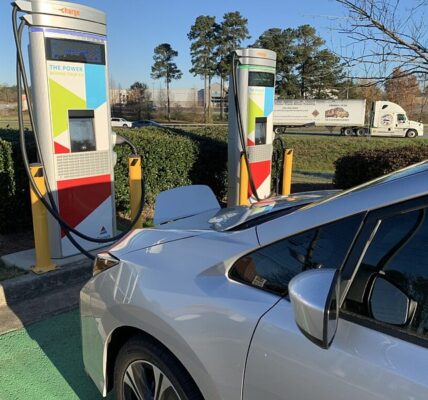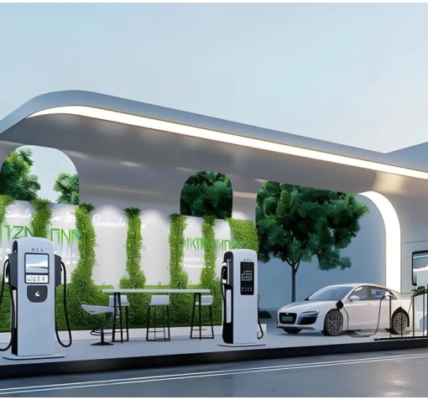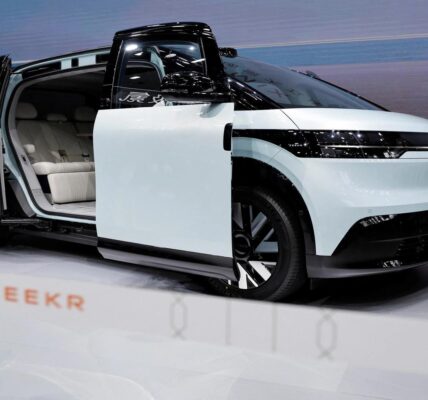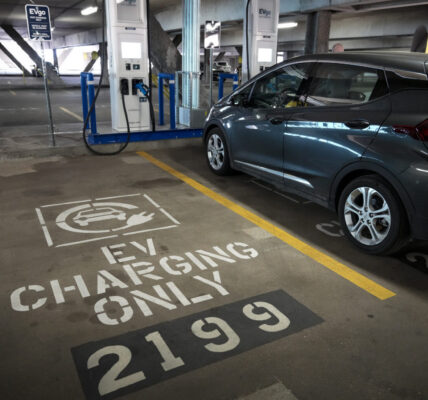Google-backed EV infrastructure startup Gravity Mobility has opened the fastest charging solution in the United States to the public, as it looks to attract fleet customers.
Major fleet operators will have access to 24 of Gravity’s 500 kilowatt (kW) chargers in New York, Gravity said on Monday. The devices can charge at a rate of 2,400 miles of range per hour or 200 miles in five minutes.
The company has the capacity to manufacture and deploy thousands of chargers a year and more sites are already in development, apart from the first in Midtown Manhattan, it said.
“If you look at how many (Tesla) Superchargers are added per year, we can add that many or more to grow our network. There’s nothing blocking that,” Gravity’s CEO Moshe Cohen told Reuters.
Tesla has signed a large number of agreements with Ford, General Motors and a slew of other automakers to allow vehicles across brands to access its more-than 15,000 strong charging network. Scaling to this level could be challenging.
Gravity plans to raise more funds this year to expand its network of high speed chargers across the United States.
“We will do more fundraising, of course, our goal is to expand nationally immediately, and so we have quite a bit of interest,” CEO Cohen said.
Gravity’s chargers are the size of a carry-on suitcase, compared with large stands deployed by automakers and other EV charging network operators.
However, most electric cars have a charging speed cap of 350 kW, with future models expected to be able to take advantage of faster chargers. Late last year, EV charger maker ChargePoint announced its Express Plus Power Link 2000 product, which is capable of charging two vehicles simultaneously at speeds of up to 500 kW, while Tesla’s Superchargers have a limit of 250 kW.








